How Aussie uni dropout and fast food worker launched two global, multimillion-dollar businesses
Aussie uni dropout Ahmed Haider was slaving away on minimum wage when he launched a business that’s now worth “hundreds of millions”.
Ahmed Haider was a uni student struggling on $7 an hour at Pizza Hut when his friend tried to convince him to come along to an event.
It was for entrepreneurs and there was one big problem – at $500 a ticket, it was well out of reach for a twenty-something Sydney student on near-minimum wage.
In the end, Mr Haider’s friend paid for his entry – and it ended up changing his life after he struck up a conversation by chance with a man who was later revealed to be one of the speakers that night.
“I was a student on $7 an hour and I started talking to a gentleman who was by himself,” Mr Haider told news.com.au.
“He ended up walking to the front of the stage because he was one of the speakers who had built a company worth $300 million and he drove off in a Ferrari.
“He didn’t see me as a young student who knew nothing, he treated me like a colleague and said he couldn’t wait to see me on rich lists – and I thought maybe there was something there.”
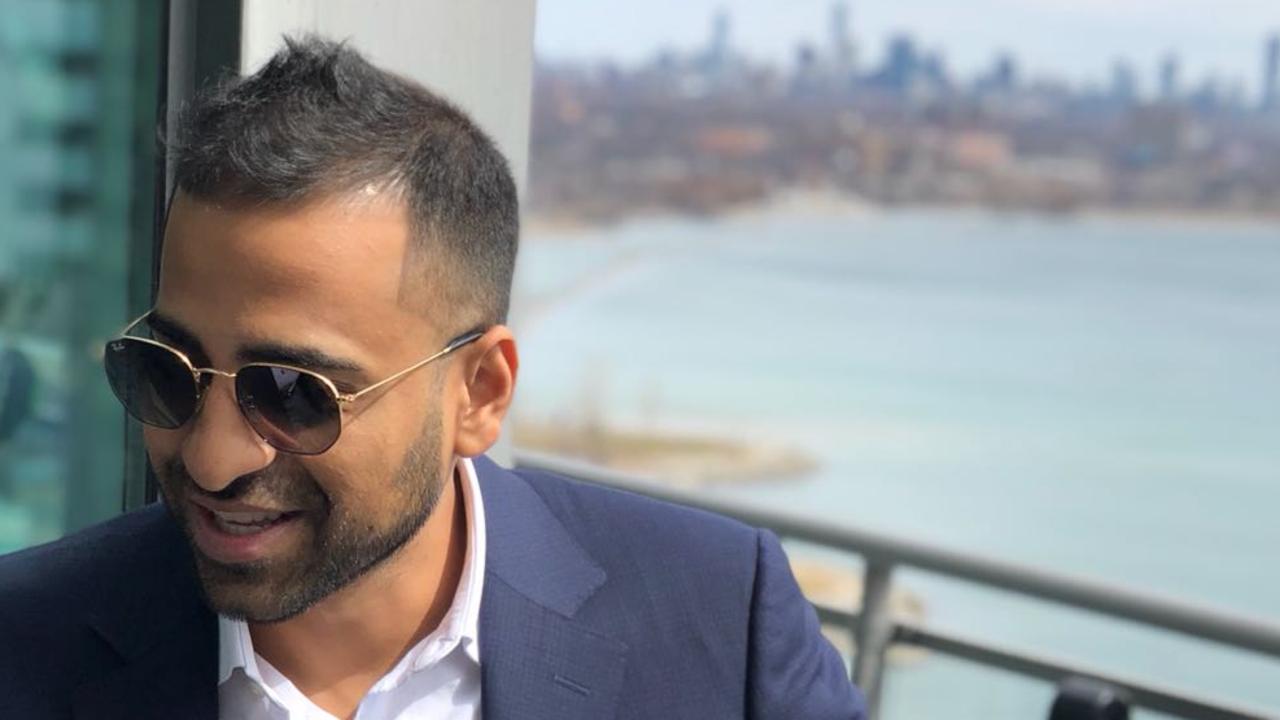
Mr Haider soon realised he was passionate about entrepreneurship and began attending more networking events, rubbing shoulders with the uber-wealthy and successful while he held down part-time work in call centres and fast food outlets.
“It was super weird – the spare change they lost in the back of their couch was probably the equivalent of my yearly salary at the time,” he said.
“It was such a contrast – I’d go for early morning or lunch time entrepreneurial meetings and then after school I’d be making pizzas.
“It was a very surreal point in time but I was so motivated, I started hustling on the side and any spare time I had I’d start thinking about problems I faced on an everyday basis and how a business could solve them.”
As a young student lacking life experience, Mr Haider focused on the problems and annoyances facing himself and his peers, and soon honed in on one – university textbooks.
“It was one of those things where I thought, why do these things still exist? Shouldn’t they be on tablets and other devices?” he said.
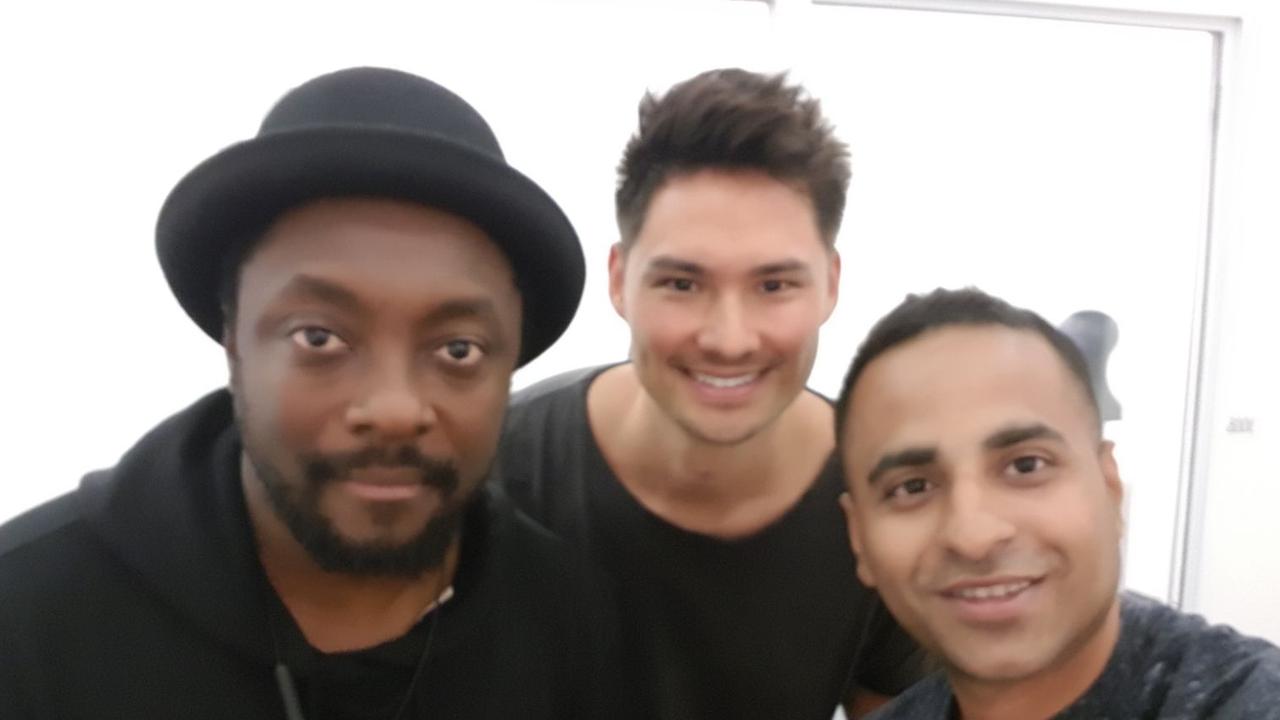
“It was horrible – you had to line up for two hours at the local Co-op Bookshop, pay overly exorbitant prices only to sometimes be told it was out of stock.
“Meanwhile, I was ordering clothes online which were delivered the next day, so I started to look at the education business as a whole and how to solve student services which were a universal problem.”
The solution was Zookal, a company that helps students to learn at more affordable prices by allowing them to rent and buy new textbooks online, which he co-founded with some uni mates in 2011 at the age of just 25.
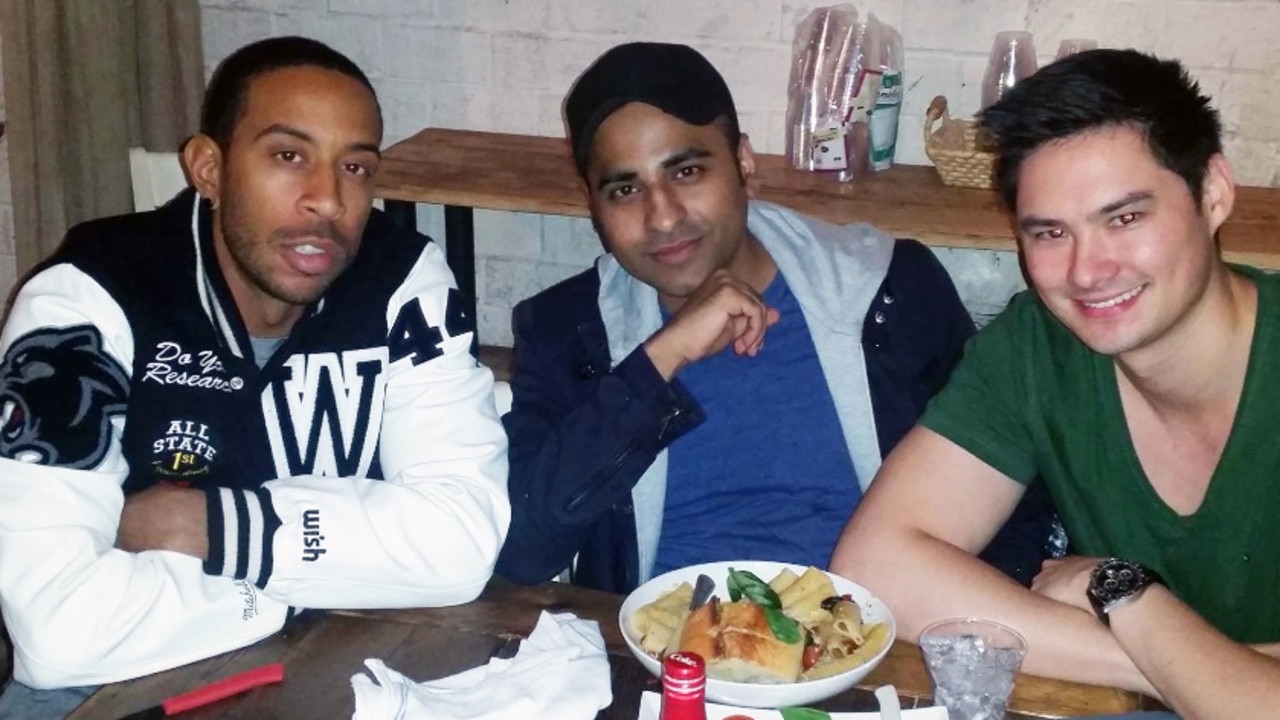
The friends “begged, borrowed and stole” to get the company off the ground, launching the business with flyers and just 300 textbooks, which quickly sold out.
In the first year, things “didn’t look so great”, but Mr Haider decided if he could make as much cash as first-year university graduates did, he would be content.
He and his co-founders were putting in “17-hour days, seven days a week”, and in the second year, he flew to Silicon Valley with “no money, no contacts and no experience”.
Mr Haider came back with a $US1.2 million investment ($A1.75 million), which allowed the entrepreneur to scale-up the business rapidly.
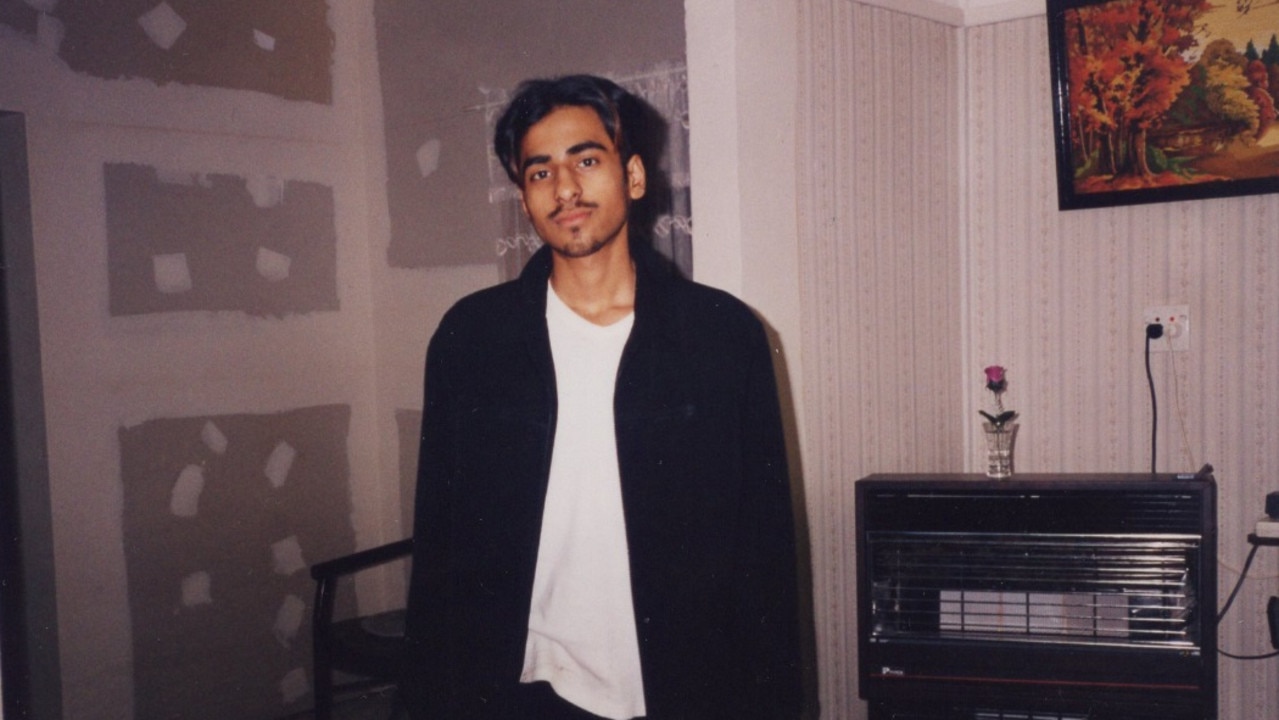
Then, in 2014, he followed it up with a second start-up, a drone delivery service called Flirtey.
Today, Mr Haider’s two companies are booming, and while he was unable to confirm their precise valuations, he said they were worth “combined more than $250 million”.
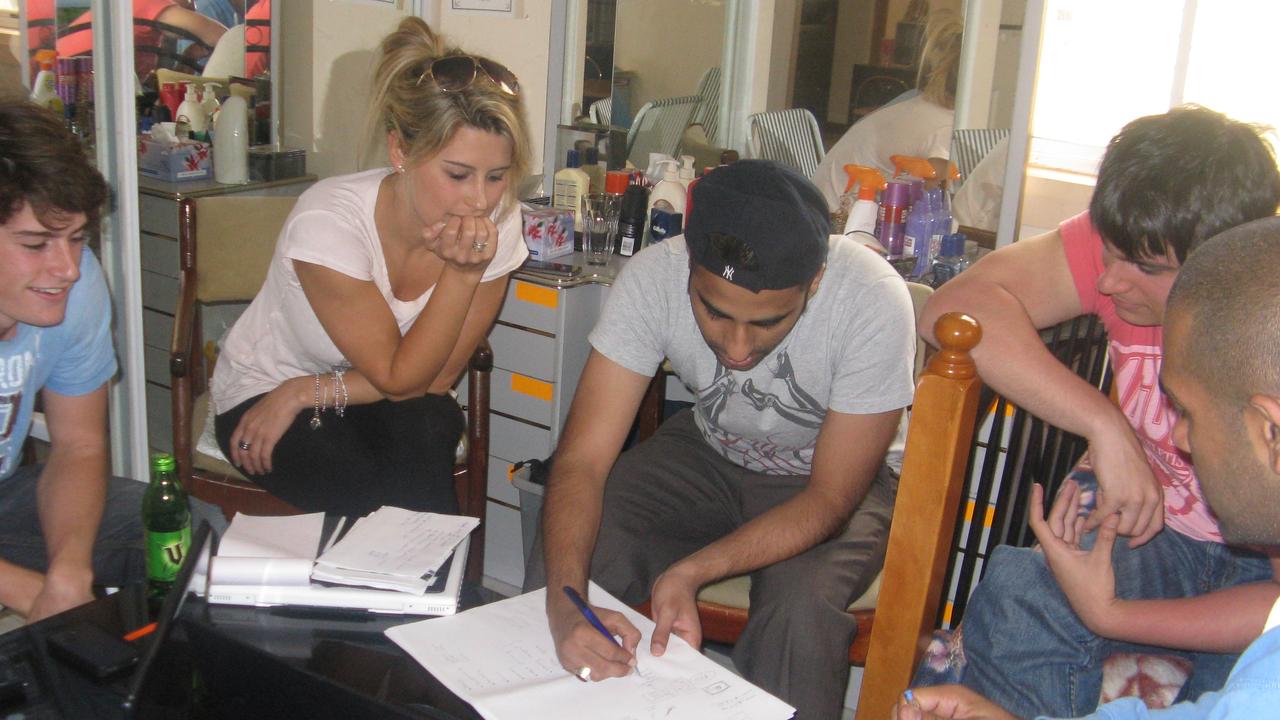
And he has well and truly disrupted the industry – as Zookal goes from strength to strength, Co-op Bookshop went into administration earlier this month, owing more than $15 million.
HUMBLE BEGINNINGS
Today, Mr Haider is a bona fide success story, earning a coveted spot on Forbes’ 30 Under 30 Asia: Consumer Tech list in 2016, delivering TED talks and meeting with celebrities like US rappers Ludacris and Will.i.am.
But it wasn’t always the case.

Mr Haider was born in Pakistan and spent his early years growing up in a modest home before the family moved to western Sydney when he was just four years old, without knowing a word of English.
He eventually attended Homebush Boys High and became close friends with one of the Bali 9 who was jailed for life, with the two men still in regular contact.
Mr Haider, now 33, said he “always felt like a little bit of an outlier” first at school and then at university, and that while his sister excelled academically, he was “never out of trouble” and regularly landed himself in hot water by questioning his teachers.
He said starting a business was “never part of the plan” – but that he was finally able to excel after pursuing something he was truly passionate about.
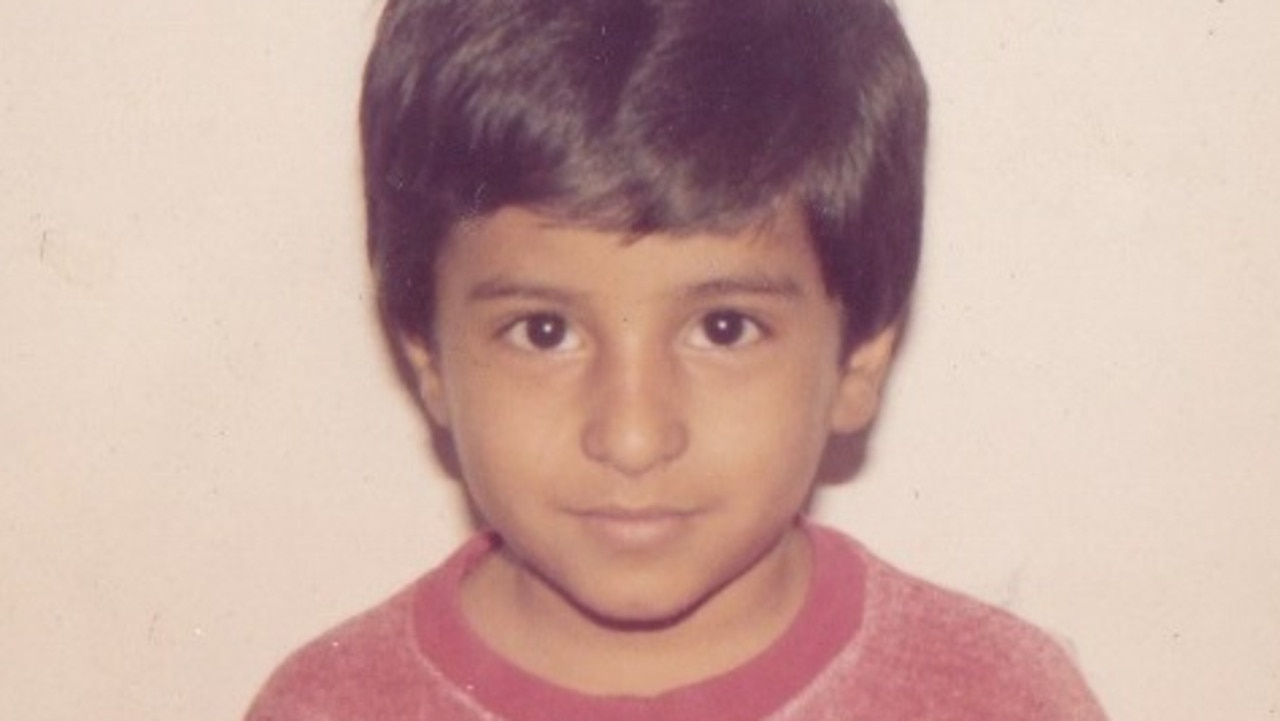
“If you are starting a company just to make lots of money, you’re better off being an investment banker with fewer hours and better pay,” he warned.
“It’s way too hard to get out of bed every morning and solve the hard stuff when your only motivation is money. You just won’t last.”




